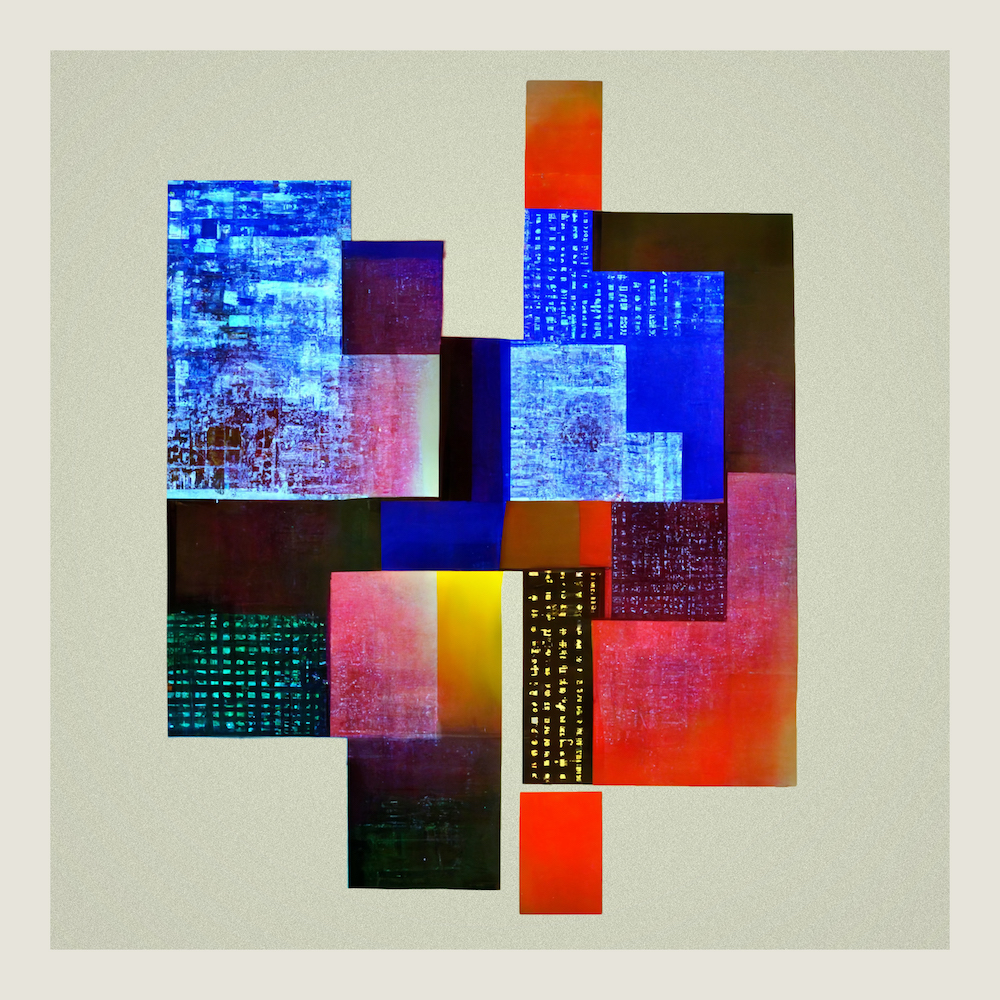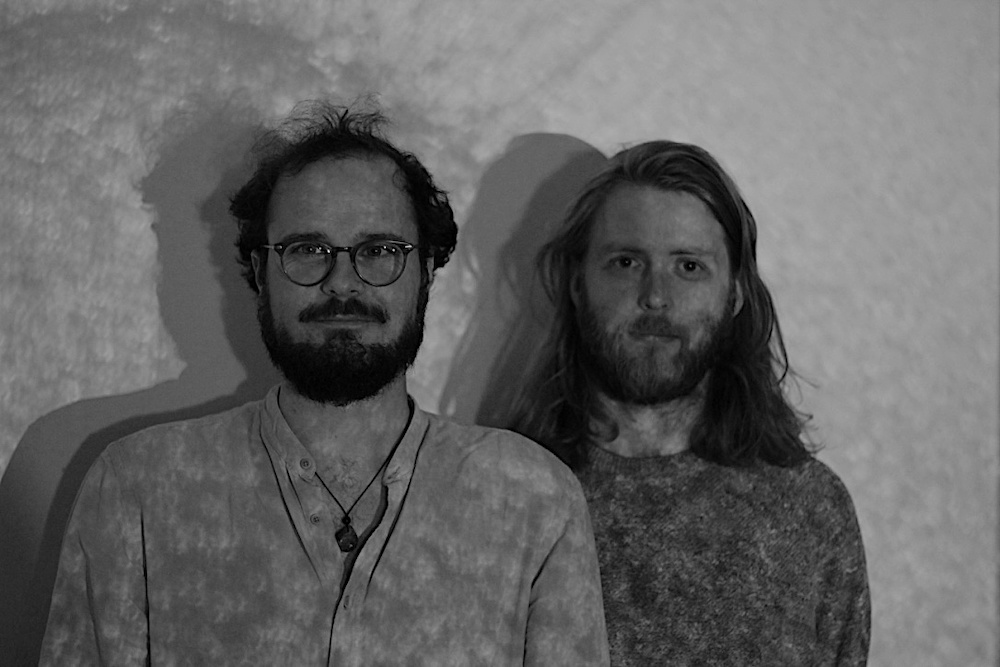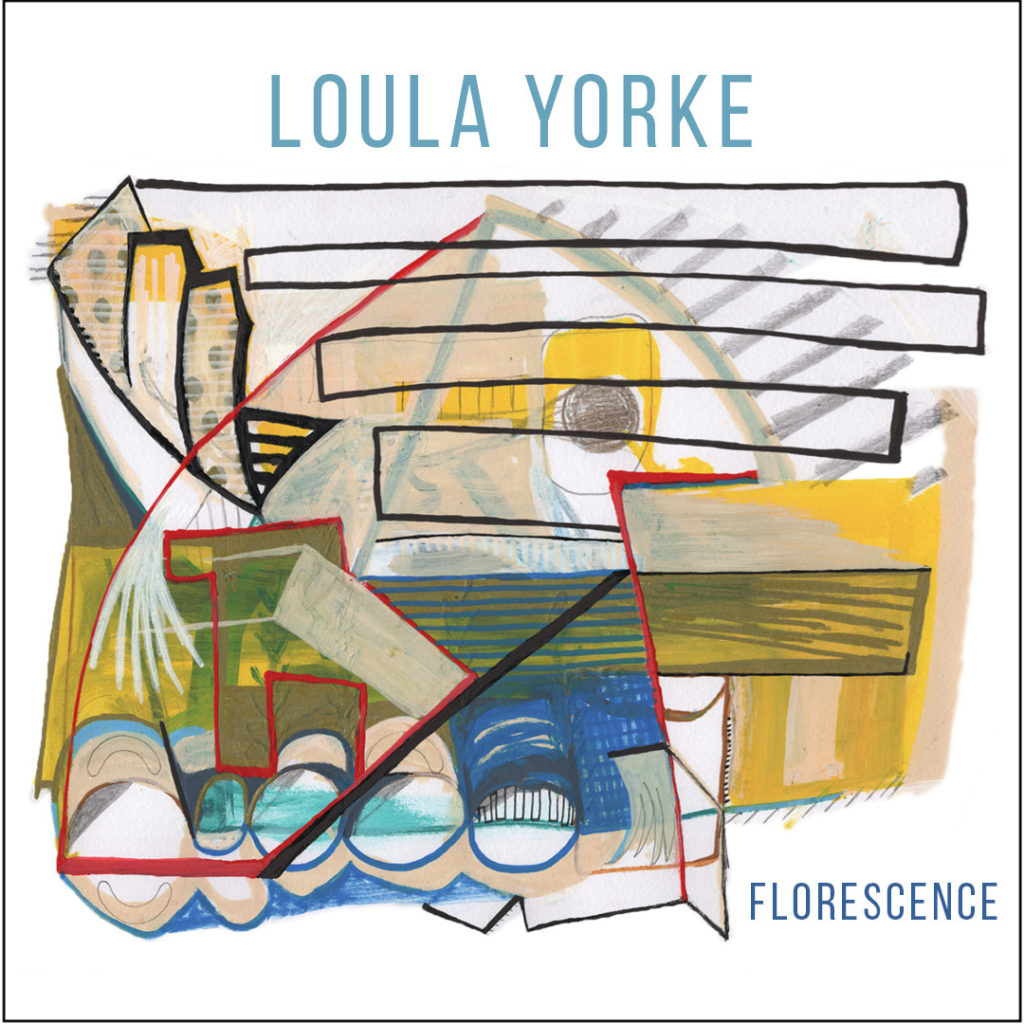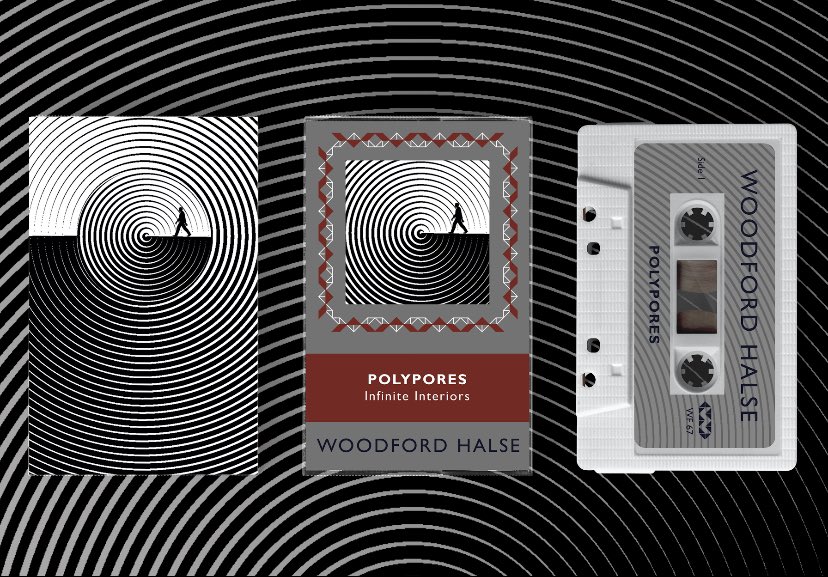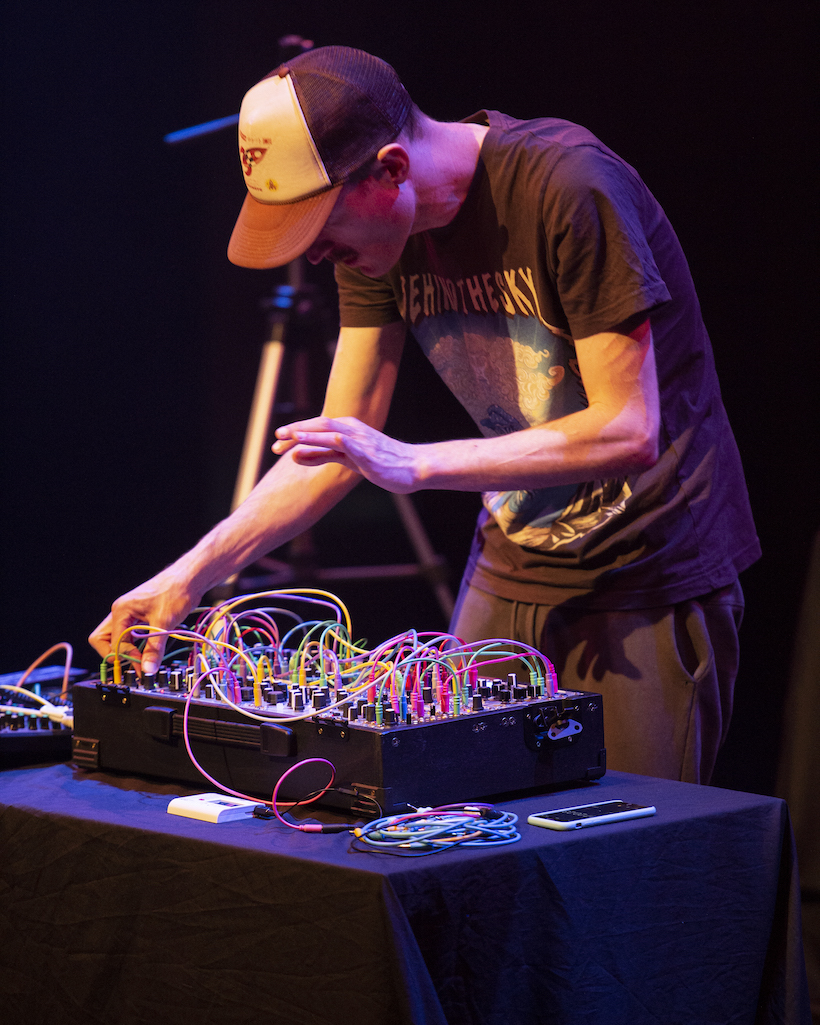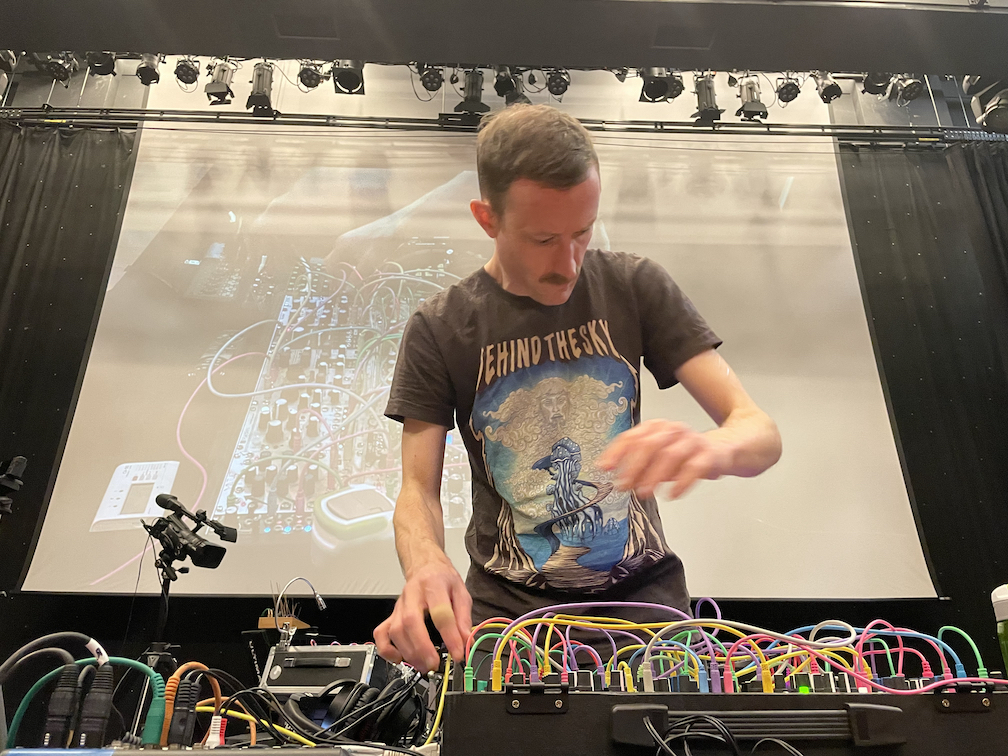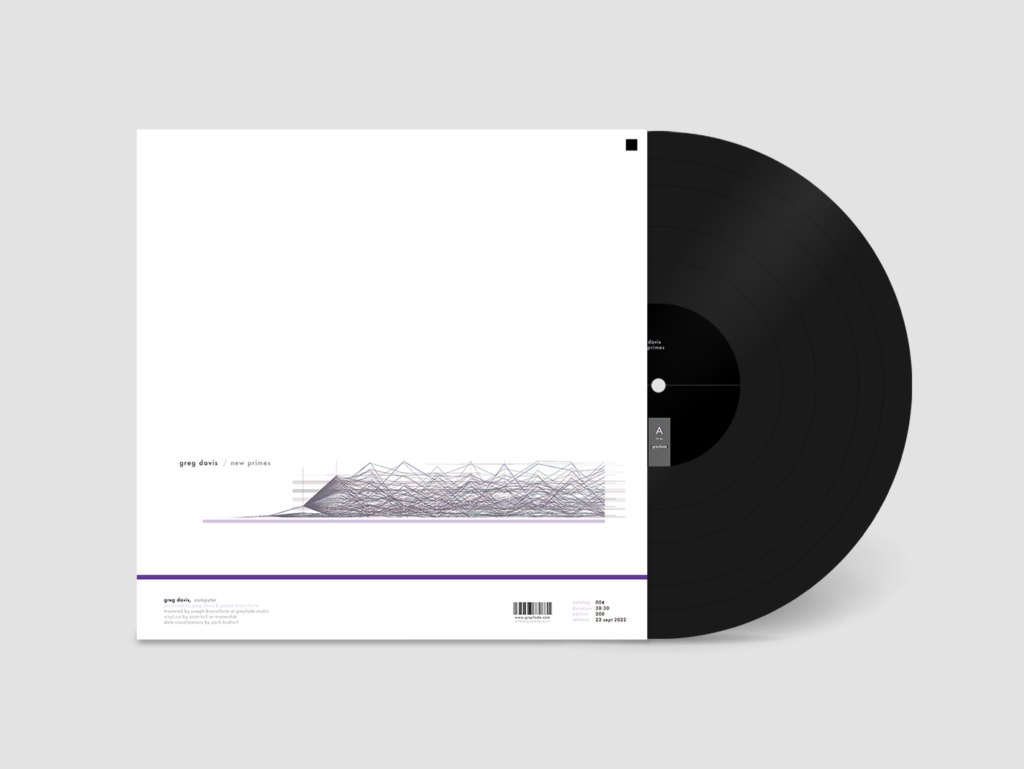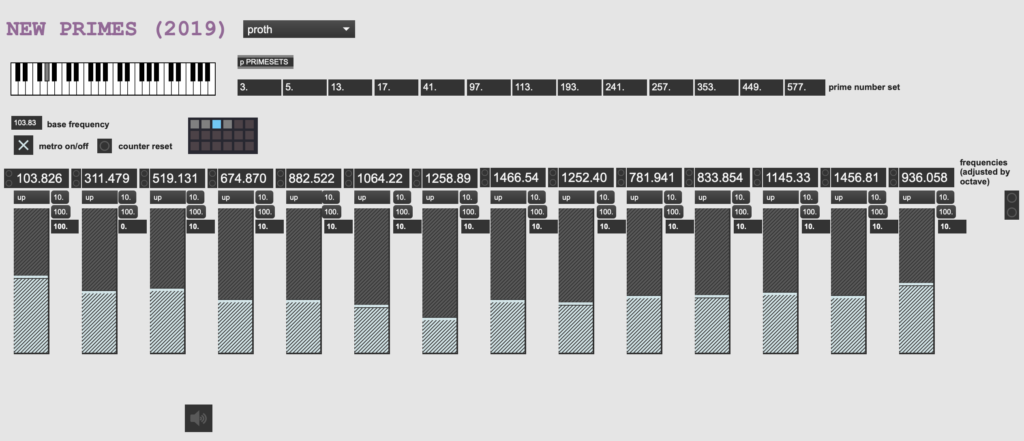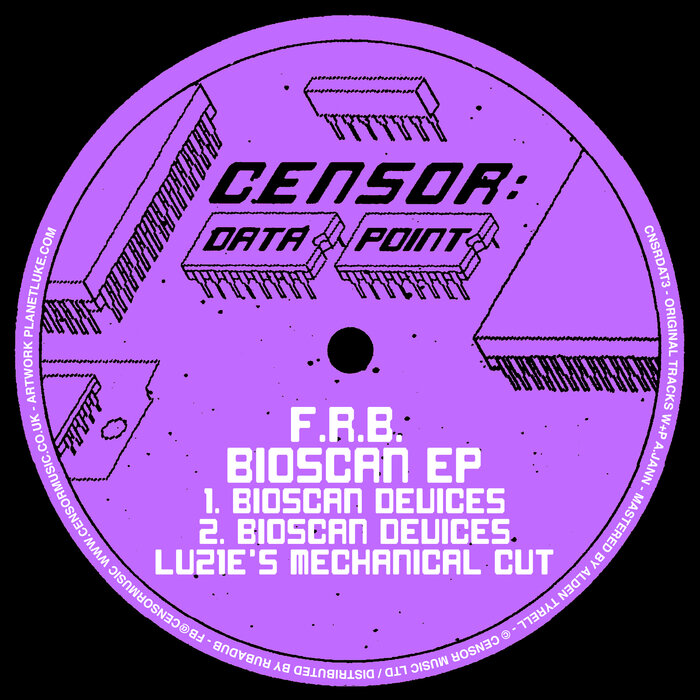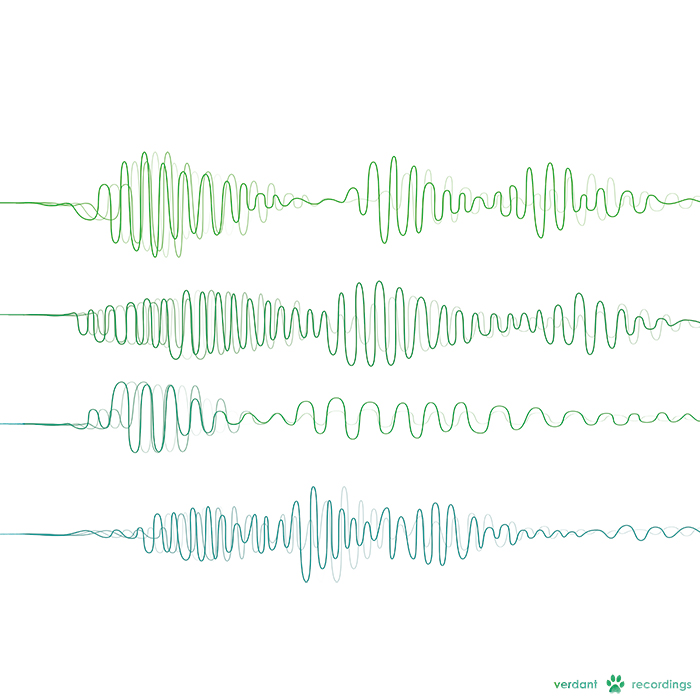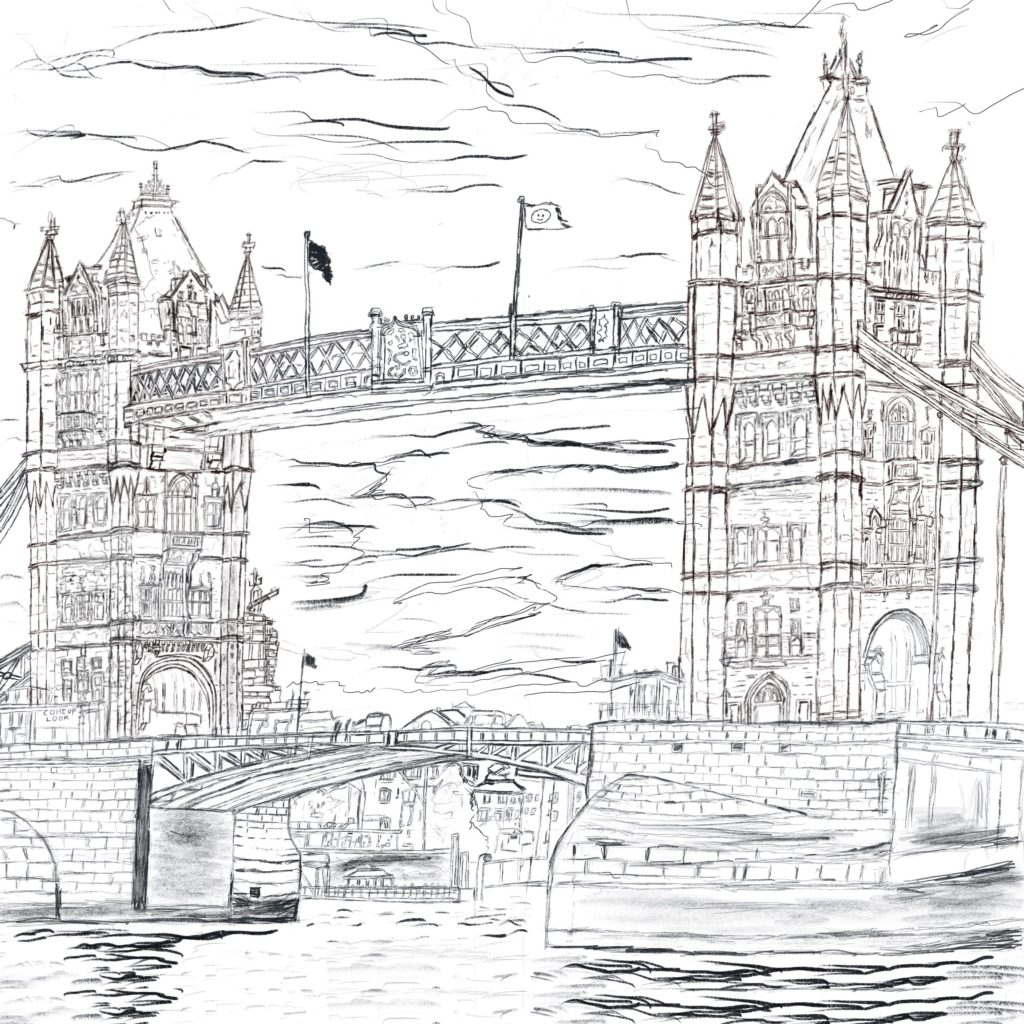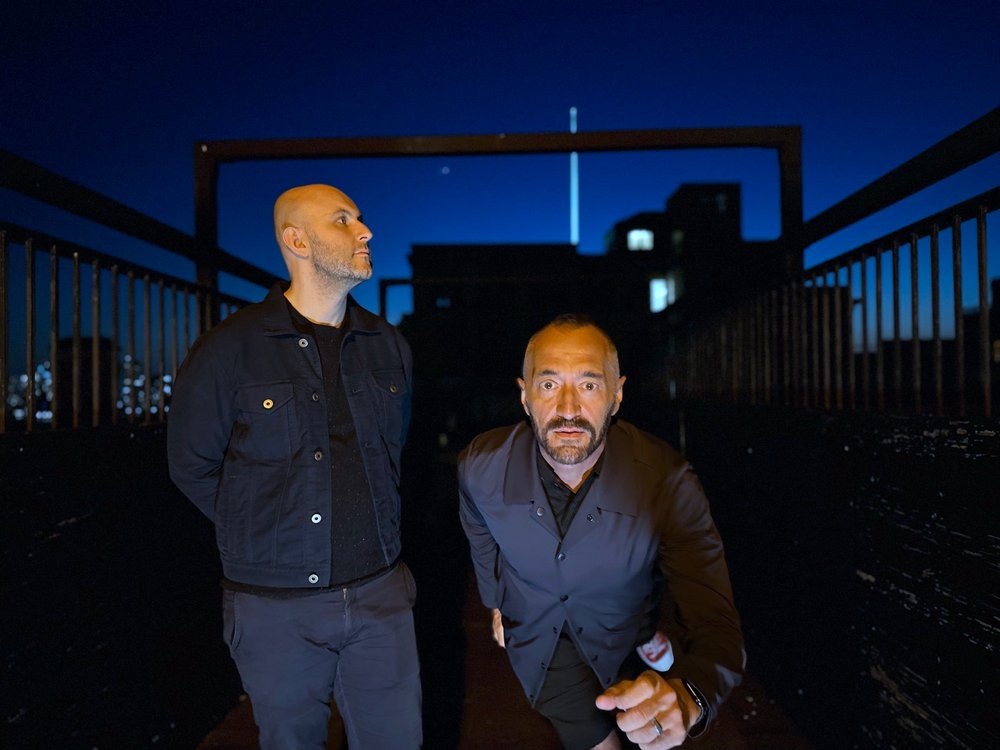
To coincide with his recent record collab with Theo Bleckmann, the gorgeous new ambient record named LP2, we had a chat with Joseph Branciforte – an electronic music magician and owner of possibly the most elegant and spotless record label on the planet – greyfade.
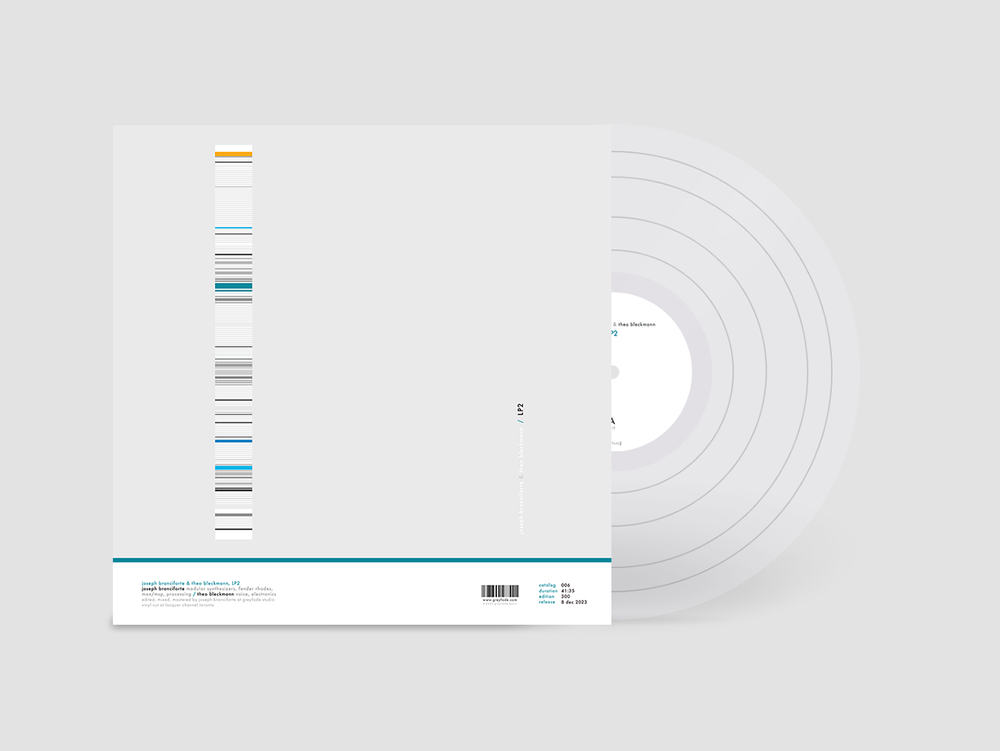
How would you describe your musical style as Joseph Branciforte & Theo Bleckmann?
I’m terrible at this kind of thing, but the writer Philip Sherburne recently described it as “oval reworking meredith monk” — or something to that effect. it’s improvised music created with voice, electronics, Fender Rhodes piano, and different analog & modular synthesizer elements. very texturally focused, but with a compositional bent & harmonic exploration that one might not usually find in traditional “ambient music.”
Can you share some insights into your collaborative creative process? Are you working remotely or in person?
this collaboration began with a series of completely improvised live performances between vocalist Theo Bleckmann and i back in 2018. so the foundation of the music (and the albums LP1 and LP2) has always been the two of us improvising together in a room. that said, I tend to spend a lot of time editing our recorded materials, so there is also an element of meditation/post-production involved, at least on the recordings. that is mostly me alone at my studio, sending versions to Theo to get his thoughts as things progress.
in a couple of instances on LP2, I decided I wanted to orchestrate things more explicitly, so I transcribed the improvisations and wrote some parts that Theo came back in to sing. but that was very much the exception. it’s usually very spontaneously created with a bunch of sifting to find the most compelling bits.
What software and hardware do you use in your music production setup, and how do these tools contribute to your sound?
I’ve used a lot of different tools throughout the years, but the backbone of my setup for this music is the Fender Rhodes electric piano and a live looping system that I built in max/msp (or, earlier, pure data, back when I was using a critter & guattari organelle). the looping system does some very simple & specific things that I’ve always wanted in a hardware looper, but have never been able to find off-the-shelf. it allows for multiple asynchronous loops to be running simultaneously, all with independent playback speed, playback direction, stop/start points, panning, hpf / lpf cutoff frequencies, and a couple of aux sends. so it’s sort of like a multichannel mixer that has an independent looper on each channel.
using looped materials provides a built-in sense of harmonic & thematic unity, but the ability to vary the loop lengths and zero in on smaller sounds and patterns allows me to really react to what Theo is doing, which is often quite dynamic. it helps move the improvisation forward in interesting and unexpected ways, rather than being locked into a static environment for 45 minutes.
How do you approach sound design and synthesis as a duo, to create unique and distinctive sounds in your tracks?
I’ve known Theo’s music for many years, so the choice of collaborator is probably the most important element of “sound design” in this case. because theo has such a harmonically rich voice & a wide range, I always think in terms of “framing” the voice… moving toward the edges of the spectral canvas… super low and super high frequencies… and keeping my sounds drier and more precise. if I’m always in the middle register and using a bunch of effects, things can get soupy quickly. That informs my choice of sound sources, spectra, envelopes, etc.
Could you talk about your mixing and mastering techniques? What are some of your go-to plugins or effects?
I mix with a hybrid setup, using a DAW like pro tools with plugins, plus a variety of outboard gear as inserts, aux sends, or 2-buss processors. I’m a recording engineer by trade, so i really like to pay attention to how sounds are recorded on the way in. For the records with Theo, we tracked his voice with a pretty complicated chain including 3 microphones (chandler redd, aea r84, copperphone), each multed to different compressors, and then his looper and effects chains recorded to their own stereo tracks. so mixing becomes less about inventing a sound, than it is about blending the sources you already captured. it’s a similar approach to my looping setup, where different elements are recorded onto different tracks, which allows some flexibility in mixing.
I like analog tube compressors for voice, like the Chandler rs124, Highland Dynamics bg 2, and Acme Opticom. for the 2-buss, I use a dangerous liaison routing unit with a dangerous s&m, thermionic Phoenix compressor, neve 33609, and API 5550 eq on inserts. I’m a big fan of outboard spring reverbs like the Benson studio tallbird, the Roland space echo’s built-in spring, and other tanks that I have routed through a doepfer eurorack spring reverb module. also a big fan of using guitar pedals when mixing. plugins never really excite me that much, but I use all the regular stuff… uad, fabfilter, soundtoys, etc.
Are you planning on performing this material live?
there are some shows in the works, yes!
What’s next?
I’m currently editing a duo album I recorded with a great Belgian keyboard player named Jozef Dumoulin. jozef really influenced my approach to using the Fender Rhodes piano with effects, and so it’s a real thrill to be able to make an album with him. That should be out sometime later in 2024.
my record label greyfade is heading into its sixth year and we’ve got at least 3 large-scale records coming out in 2024. one is a project that i produced, arranged, and recorded for Taylor Deupree that will be jointly released by greyfade and his label 12k in April. the other two are follow-up releases from greyfade artists Kenneth Kirschner and Christopher Otto that I recorded and produced. all three projects will arrive in a new album release format that I’ve been working out over the last few months, as an alternative to vinyl and CD.
LP2 is available now on vinyl and digital via the label’s website and Bandcamp.

